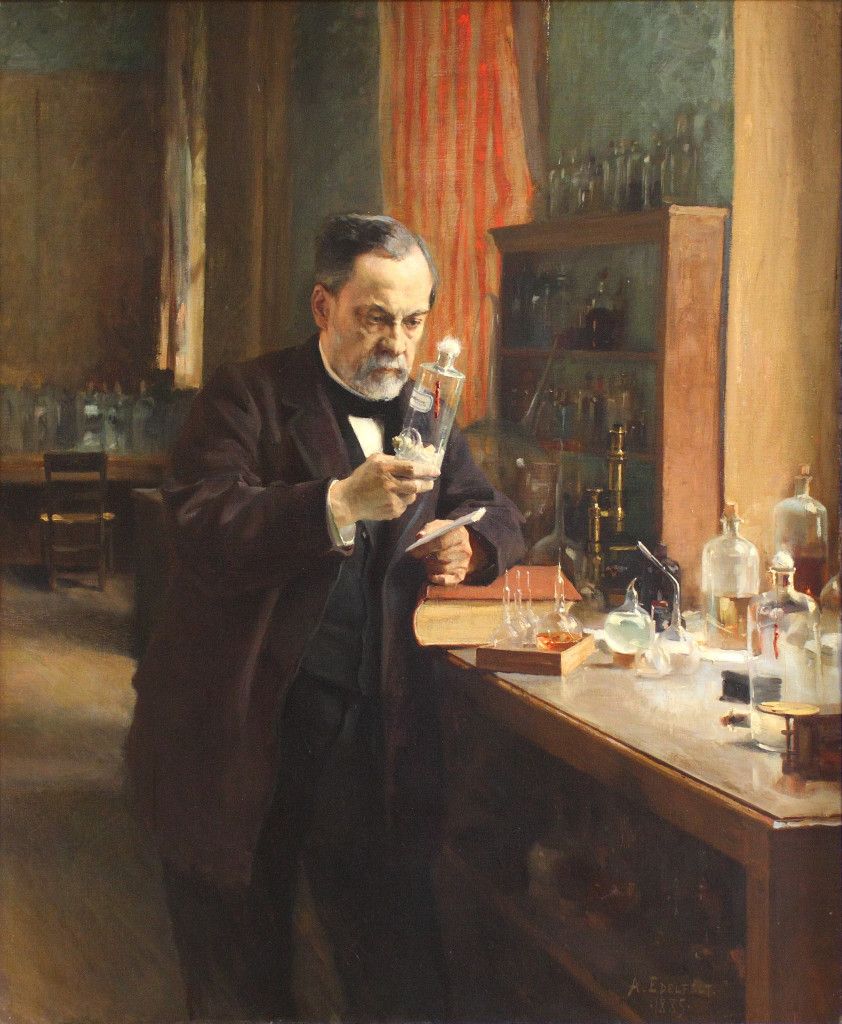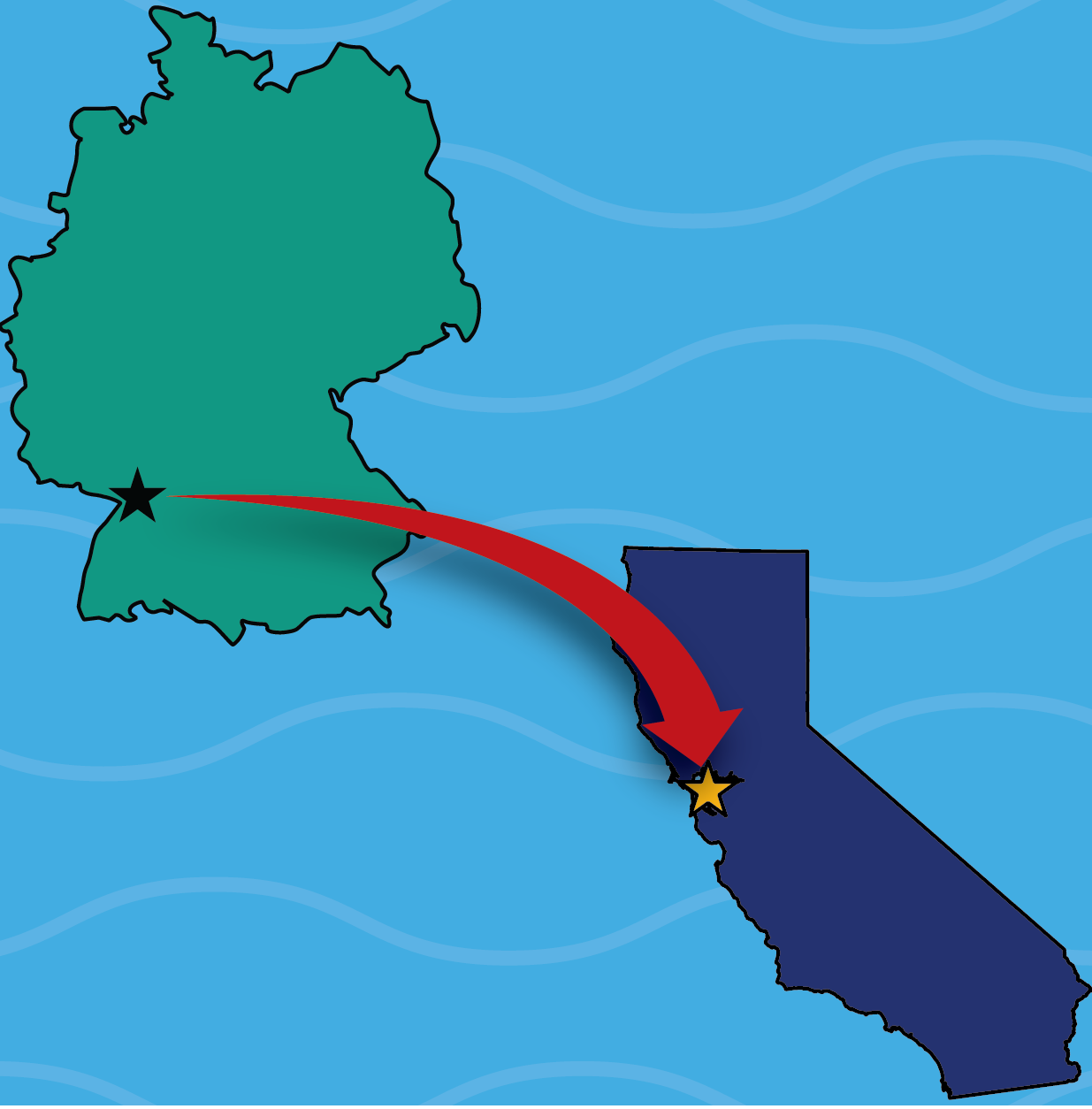
In October, 2004, the Dover Area School District in York County, Pennsylvania decided that intelligent design would be taught in their classrooms as an alternative to evolutionary theory.
In response, a group of Dover parents sued the school district, claiming that intelligent design was not science and therefore "cannot uncouple itself from its creationist, and thus religious, antecedents." As such, teaching intelligent design in public schools was a violation of the first amendment.
The case – dubbed Kitzmiller v. Dover Area School District – was brought before Judge John E. Jones, III at a U.S. District Court.
Among the witnesses for the plaintiffs were two philosophers, Robert. T. Pennock and Barbara Forrest, whose testimony on what makes science science played a significant role in shaping Jones’s ruling. Not only did Jones agree with the plaintiffs that intelligent design (ID) was motivated by religious beliefs – and therefore unconstitutional to teach in a public school – but he also sided with Pennock and Forrest in saying that ID simply isn’t science. In his ruling, Jones wrote:
“After a searching review of the record and applicable caselaw, we find that while ID arguments may be true, a proposition on which the Court takes no position, ID is not science. We find that ID fails on three different levels, any one of which is sufficient to preclude a determination that ID is science. They are: (1) ID violates the centuries-old ground rules of science by invoking and permitting supernatural causation; (2) the argument of irreducible complexity, central to ID, employs the same flawed and illogical contrived dualism that doomed creation science in the 1980s; and (3) ID's negative attacks on evolution have been refuted by the scientific community. …It is additionally important to note that ID has failed to gain acceptance in the scientific community, it has not generated peer-reviewed publications, nor has it been the subject of testing and research.”
This was an historic ruling not only because it was the first time a federal court moved against teaching intelligent design in public schools, but also because it represents a clear case of U.S. law coming down on what has been called “the demarcation problem.”
The demarcation problem, in its various incarnations, is the problem of defining science: science vs. metaphysics, science vs. pseudoscience, or good science vs. bad science.
Though the problem might seem trivial, it turns out that defining “real science” is actually quite difficult. The philosophy of science has a long history of trying to define what makes a claim scientific, but most definitions are met with ample counter-examples. Philosopher Larry Laudan is now well-known for claiming that “philosophy has failed to deliver the goods" in clearly demarcating science from non-science, and has suggested that instead of trying to define science, philosophers should try to demarcate what makes a belief well-justified more generally.
Laudan’s pronouncement laid the demarcation problem to rest for a while, but the problem has seen a recent resurgence of interest. And that, I think, is for good reason: scientific claims hold much more social, political, and economic weight than almost any other kind of claim, and what we consider to be “science” is of astounding relevance to policy, education, legal proceedings, and healthcare.
Take, for example, expert testimony in legal proceedings: in matters relating to science, is a jury to decide between the claim of a scientist and the claim of a non-scientist solely on the basis of which claim they think is better argued? Or are they to accord greater weight to a claim that scientists universally consider scientific? Or take healthcare: should anti-vaxxers have the right to opt their kids out of vaccination, in light of the known risks that doing so poses to public health? The claims of anti-vaxxers aren't just poorly argued. They fail outright to even be considered scientific claims.
I think that most scientists and lawmakers will agree that real scientific claims have something “extra” to them, over and above their being well-justified. Judge John. E. Jones, III recognized this when he ruled against intelligent design being taught in public schools. His ruling didn’t come down on whether or not intelligent design is a good argument – in fact he concedes that intelligent design could very well be true. Instead, he asserted that intelligent design simply isn’t science, citing frequently proposed “demarcation criteria” for what makes a claim scientific: natural (as opposed to supernatural) causation, acceptance by the scientific community, empirical testing, and peer-reviewed publication. These are "extra" criteria that make a claim scientific rather than just well-justified.
Though philosophers and legal scholars are still debating by what criteria to define science, it should be clear that the demarcation problem is both a real and highly important issue, carrying with it the entire social, political, and legal weight of the scientific enterprise. For this reason, it behooves scientists to think clearly about why their work is scientific rather than pseudo-scientific. Doing so may not make a difference to their day-to-day research, but it will make all the difference when they are called upon by the outside world to explain why their work should be funded, cared about, or believed.





